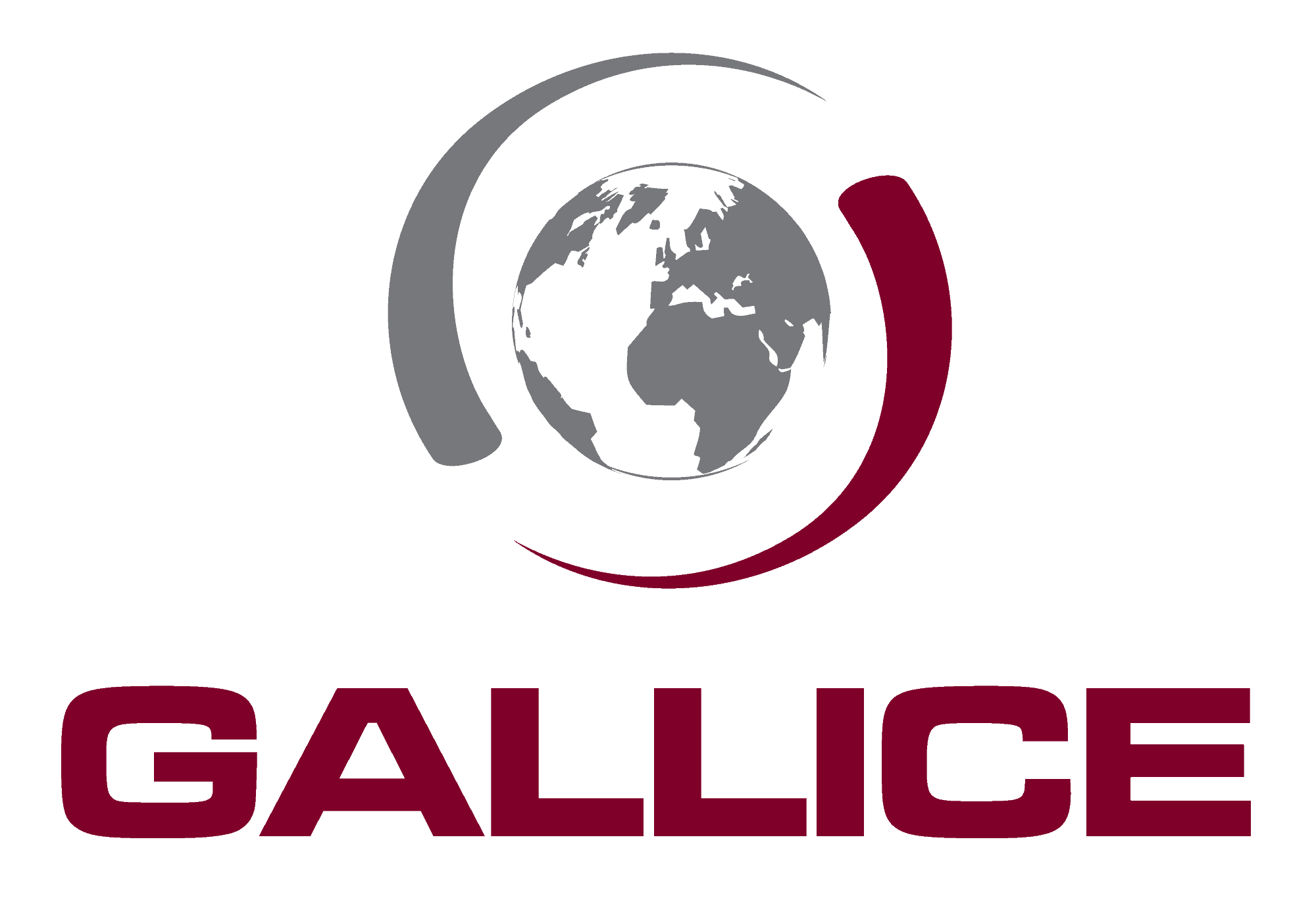TUNISIA
Tunisia remains in 2025 mired in a persistent political, economic, and social crisis, marked by democratic regression following the centralisation of power under President Kaïs Saïed. Though broadly secure in terms of public safety, the country is weakened by growing authoritarianism, economic exhaustion, and recurrent social unrest.
Since the institutional power grab in 2021 (suspension of Parliament and adoption of a new Constitution), President Saïed has ruled by decree. In 2024, the dissolution of opposition parties, subjugation of the judiciary, and arrests of critical journalists and union leaders sparked international concern.
Tunisia is sliding towards institutionalised authoritarianism, with the marginalisation of key intermediary bodies such as the UGTT (General Labour Union). Social protests are frequently suppressed—sometimes violently—and tensions with civil society are rising.
The Tunisian economy remains deeply troubled:
Weak growth, high inflation, massive youth unemployment,
Difficult negotiations with the IMF, due to the president’s refusal to implement unpopular structural reforms,
Growing reliance on European bilateral aid, particularly around migration issues.
The tourism sector is slowly recovering from the post-COVID collapse but remains vulnerable. Regional disparities remain stark, with the southern regions (Gafsa, Kébili, Tataouine) suffering from endemic unemployment and a sense of abandonment by the central state.
In 2024, violent protests erupted in several cities in response to police brutality (notably the death of a young man in Sfax during an arrest), the migration crisis (with Sub-Saharan migrants stranded at the Libyan border), and cuts to water and electricity in rural areas.
Although the terrorist threat has declined, residual jihadist groups remain active in the border areas with Algeria and Libya, exploiting porous borders.
Travel to the country’s southern border zones (Algeria–Libya) requires enhanced security measures: local escorts, pre-approved routes, and avoidance of isolated desert areas.
Major cities such as Tunis, Sfax, and Sousse are generally safe, but social unrest can erupt unexpectedly.
Increased vigilance is advised during election periods or commemorations, when tensions may resurface.
